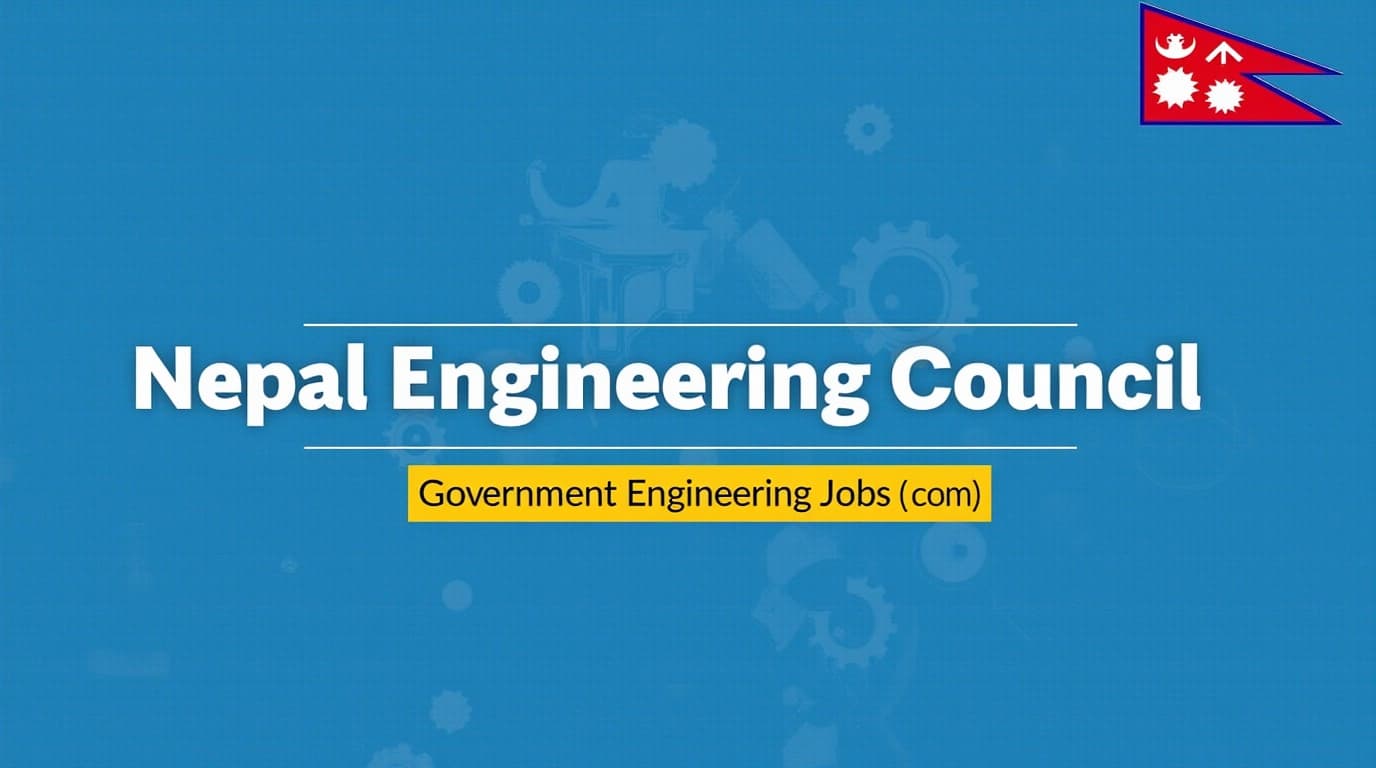Engineering Salary in Nepal 2025:


Engineering is often misunderstood as being limited to construction work, but it’s much more than that. It’s a system that evaluates, designs, and implements solutions across various industries, including space exploration, medicine, entertainment, transportation, and environmental conservation. Engineers play a crucial role in innovation, working in diverse environments from offices and laboratories to outdoor project sites.
In Nepal, engineering is one of the most prestigious and challenging professions. The field demands rigorous academic preparation, practical implementation skills, and adaptability to evolving job markets. However, despite its difficulties, engineering remains a rewarding career path with competitive salaries.
Read this Article: Salary of Teachers in Community School.
This article explores the salary ranges for different engineering disciplines in Nepal (2025), career prospects, challenges in the industry, and tips for aspiring engineers.
Average Salary of Engineers in Nepal (2025):
Salaries for engineers in Nepal vary widely based on specialization, experience, and sector (government vs. private). Below is a detailed breakdown of monthly earnings across different engineering fields:
Engineering Salary Table (2025):
| Engineering Field | Monthly Salary Range (NPR) |
|---|---|
| Aerospace Engineering | 54,700 – 157,000 |
| Agriculture Engineering | 14,106 – 35,567 |
| Architectural Engineering | 60,000 (Average) |
| Automotive Engineering | 17,653 – 45,546 |
| Biological Engineering | 34,400 – 109,000 |
| Ceramic Engineering | 129,100 – 257,999 |
| Civil Engineering | 30,000 – 132,000 |
| Electrical Engineering | 38,100 – 115,000 |
| Geomatics Engineering | 35,800 – 114,000 |
| IT Engineering | 20,086 – 78,779 |
| Marine Engineering | 39,500 – 110,000 |
| Mining Engineering | 37,200 – 104,000 |
| Nuclear Engineering | 101,000 – 282,000 |
| Petroleum Engineering | 39,900 – 124,000 |
| Textile Engineering | 16,692 – 46,684 |
Civil Engineer Salary in Nepal (2025):
Civil engineering is one of Nepal’s most sought-after professions, especially in infrastructure development. The average annual salary for civil engineers is around NPR 862,200, with monthly earnings ranging from NPR 30,000 to 132,000.
Salary Based on Experience:
- Entry-Level (0-2 years): NPR 467,100/year
- Mid-Level (5-10 years): NPR 919,700/year
- Senior-Level (15+ years): NPR 1,283,600/year
Government vs. Private Sector Salaries:
Government Engineers earn 11% more than private-sector engineers.
Public Service Engineers receive benefits like pensions, housing allowances, and medical insurance.
You might also like: Salary of APF Police in nepal.
Challenges Faced by Engineers in Nepal:
Despite lucrative opportunities, engineers in Nepal encounter several hurdles:
- Limited Job Opportunities – High competition and fewer positions in specialized fields.
- Government vs. Private Pay Gap – Public sector engineers enjoy better benefits.
- Lack of Practical Training – Many graduates lack hands-on experience.
- Brain Drain – Skilled engineers often migrate abroad for better prospects.
- Risky Work Environments – Especially in hydropower and construction sectors.
- Outdated Policies & Materials – Slow adoption of modern construction techniques.
Career Growth & Lok Sewa (Public Service) Preparation:
For those aiming for government engineering jobs, Lok Sewa Aayog (Public Service Commission) conducts exams for positions like:
- Sub-Engineer (5th Level)
- Officer (7th Level)
Eligibility Criteria:
- Bachelor’s in Engineering (for officer roles) or Diploma (for assistant roles).
Registration with the Nepal Engineering Council (NEC).
- Age limit: 21-35 years (extendable for women/inclusive groups).
- Exam Pattern:
- Written Test: General Knowledge + Technical Papers.
- Interview: Technical expertise and personality assessment.
Sub- Engineer Salary in Nepal:
In Nepal, a Sub Engineer is categorized under the fifth level (पाँचौं तह). The starting monthly salary is NPR 34,730. Sub Engineers fall under Grade 10, with a grade rate of NPR 1,158 per increment. In addition to the base salary, they receive several allowances. These include a monthly inflation allowance (महँगी भत्ता) of NPR 2,000 and a yearly dress allowance (पोसाक भत्ता) of NPR 10,000.
They are also eligible for travel allowance (भ्रमण भत्ता) and local allowance (स्थानिय भत्ता). According to the local allowance chart, a Sub Engineer categorized as “R.P. Anukit Pratham / Panchau” (रा.प. अनंकित प्रथम / पाँचौ) receives an additional NPR 3,210 per month. This complete compensation package makes the Sub Engineer position in Nepal both stable and moderately rewarding in terms of government service benefits.
On top of these, other miscellaneous expenses (अरू विविध खर्चहरू) may also be provided depending on the nature of the job, location, or specific project requirements, making this position financially supportive within the government service sector.
Officer level Engineer(7th level) Salary in Nepal:
1. Salary and Allowances:
A Section Officer (शाखा अधिकृत) in Nepal (7th level) earns a starting salary of NPR 45,951/month. They receive grade pay (8 grades, NPR 1,158 each). Regular allowances include:
- Dearness Allowance: NPR 2,000/month
- Dress Allowance: NPR 10,000/year
- Travel, Local, and Remote Area Allowances depending on location and work
- Insurance: NPR 4,800 + 400
- Provident Fund: 10% + 10% (government)
Pension Contribution: 6% + 6% (government)
2. Extra Benefits:
Additional perks include:
- Festival and medical allowances during major events
- Loan facility at low interest (house, vehicle, etc.)
- Promotion opportunities with experience and performance
- Travel reimbursement for official tours
- Other supports like training, mobile/internet, and housing (if available)
Final Thoughts:
Engineering in Nepal offers diverse career paths with varying salary scales. While challenges like job scarcity and policy gaps exist, the profession remains rewarding for skilled professionals. Government jobs provide stability, while private-sector roles offer growth in emerging industries like IT and renewable energy.
For aspiring engineers, gaining practical experience, continuous learning, and Lok Sewa preparation can significantly enhance career prospects. Whether in civil, electrical, or aerospace engineering, Nepal’s infrastructure growth ensures sustained demand for qualified engineers.
Would you like to pursue engineering in Nepal? Share your thoughts in the comments!




